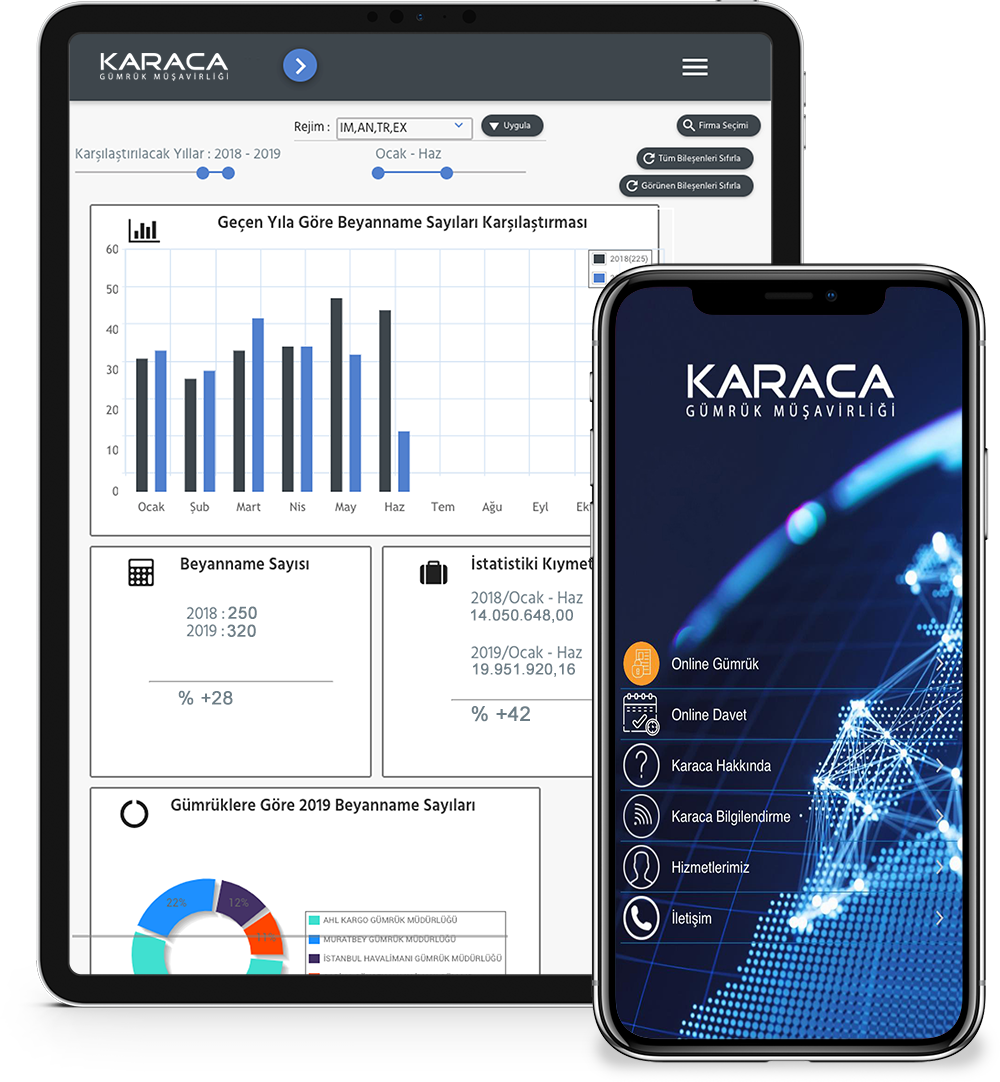Deputy PM Şimşek says attempted coup s impact on Turkish economy will be ‘short-lived’ 2016/07/18
The Turkish economy will not suffer permanently from the failed coup attempt on July 15, despite a short-lived, downward impact on growth, Deputy Prime Minister Mehmet Şimşek said on July 18.
He also said Turkey’s macroeconomic fundamentals were solid and the government would swiftly shift its focus back to carrying out structural reforms, in a televised interview on Bloomberg HT.
“The coup attempt will not make any permanent impact on the Turkish economy,” Şimşek said, noting that political stability and democracy had been strengthened in the country following the failed coup attempt and it was easier to make reforms in this environment.
“We had a bad dream and it was left behind... Our message is very clear, there is no need to panic,” he said.
“Our growth rate, foreign balances or other macro fields were not damaged,” added Şimşek.
He noted he held teleconferences with more than 500 investors on late July 17 and answered their questions along with the Central Bank governor.
“The volatility will last for a very short term and we will back to the reform agenda very soon,” he added.
The Central Bank announced a raft of measures to minimize the adverse effects of the failed military coup attempt in Turkey, including unlimited liquidity.
“The Central Bank will provide banks with necessary liquidity, without limits,” said the bank in a written statement on July 17, following top level meetings.
It also noted that the commission rate for the intraday liquidity facility would be zero.
“Banks will be allowed to place foreign exchange deposits as collateral without limits for necessary Turkish Lira liquidity,” said the bank, adding that its current foreign exchange deposit limits of around $50 billion may be increased and utilization conditions (collateral and cost) may be improved if deemed necessary.
Source: Hürriyet Daily News
He also said Turkey’s macroeconomic fundamentals were solid and the government would swiftly shift its focus back to carrying out structural reforms, in a televised interview on Bloomberg HT.
“The coup attempt will not make any permanent impact on the Turkish economy,” Şimşek said, noting that political stability and democracy had been strengthened in the country following the failed coup attempt and it was easier to make reforms in this environment.
“We had a bad dream and it was left behind... Our message is very clear, there is no need to panic,” he said.
“Our growth rate, foreign balances or other macro fields were not damaged,” added Şimşek.
He noted he held teleconferences with more than 500 investors on late July 17 and answered their questions along with the Central Bank governor.
“The volatility will last for a very short term and we will back to the reform agenda very soon,” he added.
The Central Bank announced a raft of measures to minimize the adverse effects of the failed military coup attempt in Turkey, including unlimited liquidity.
“The Central Bank will provide banks with necessary liquidity, without limits,” said the bank in a written statement on July 17, following top level meetings.
It also noted that the commission rate for the intraday liquidity facility would be zero.
“Banks will be allowed to place foreign exchange deposits as collateral without limits for necessary Turkish Lira liquidity,” said the bank, adding that its current foreign exchange deposit limits of around $50 billion may be increased and utilization conditions (collateral and cost) may be improved if deemed necessary.
Source: Hürriyet Daily News









